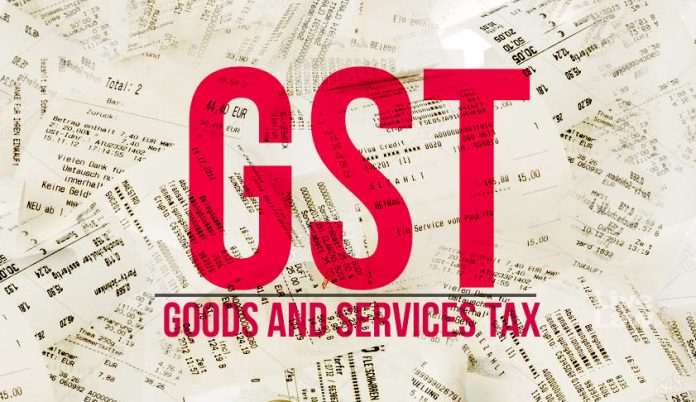The Goods and Service Tax (GST) is a comprehensive value-added tax on most goods and services sold for domestic consumption in India. The GST was introduced on 1 July 2017, replacing multiple cascading taxes levied by the central and state governments. The GST is levied at each stage of the supply chain, from production to retail sales.
Listed below are some of the key challenges faced by small businesses under the GST
Lack of Awareness
As businesses begin to grapple with the new Goods and Service Tax regime in India, lack of awareness is one of the key challenges small businesses face. This is primarily because there has been very little education or awareness campaigns conducted by the government to help businesses understand the new system. As a result, many small business owners are unaware of how GST works and its implications. This lack of awareness is not only causing confusion and frustration among small business owners, but it is also leading to widespread non-compliance with the new rules. With no clear guidance on how to comply with the GST requirements, many businesses are simply guessing or making up their own rules, which often leads to them inadvertently violating the law.
Complexity of GST
The Goods and Service Tax (GST) is a huge tax reform implemented in India. It has been a complex process for small businesses to understand and comply with the GST rules and regulations. Various GST rates for different goods and services make it difficult to calculate the correct tax liability. Moreover, the input tax credit system under GST is also complicated, as businesses need to properly track all their invoices and Input Tax Credit (ITC) claims.
High Cost of Compliance
The cost of compliance with the GST regime is one of the key challenges small businesses face in India. Tax registration, filing and payment are complex and time-consuming, which imposes a significant burden on small businesses. In addition, the cost of complying with the GST rules and regulations is high, further increasing the financial burden on small businesses.
Lack of Preparation
The tax structure in India is undergoing a major overhaul with the introduction of the Goods and Service Tax (GST). GST is a consumption-based tax levied on the sale, manufacture, and consumption of goods and services at the national level. It will replace all existing indirect taxes such as value-added tax (VAT), central excise duty, service tax, entry tax, octroi, and other state-level taxes. Small businesses are the backbone of the Indian economy, accounting for over 30% of the country’s GDP. However, they are also the most vulnerable to the impact of GST. Most small businesses in India are unregistered and lack adequate knowledge about GST. This lack of preparation could lead to significant problems for small businesses when GST is implemented.
Inadequate Infrastructure
As India moves towards implementing a Goods and Service Tax (GST), small businesses face several key challenges. One of the most significant is the lack of adequate infrastructure. Small businesses in India often operate out of makeshift office spaces or homes, and many do not have reliable internet or electricity. This makes it difficult for them to comply with the GST requirements, which include maintaining detailed records and filing regular returns. In addition, many small businesses are unfamiliar with the GST system and its workings. They need time to learn about the new tax structure and how it will impact their business operations. The government has promised to set up help desks and training programs to assist small businesses in complying with GST, but it remains to be seen whether these will be sufficient. In the meantime, small businesses must do their best to adapt and ensure they are ready for the change.
Despite several advantages of GST, small businesses have faced challenges under the GST regime. To overcome these challenges, small businesses need support from the government, industry associations, and other bodies.
They also need to increase their awareness about the GST regime and its implications for their business operations.


